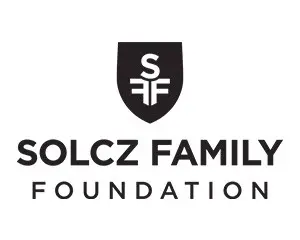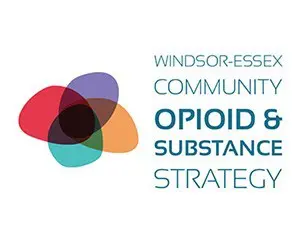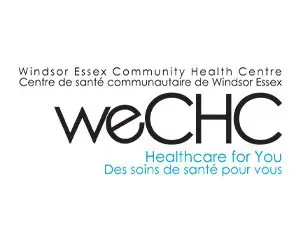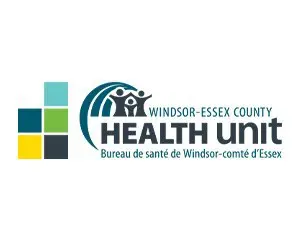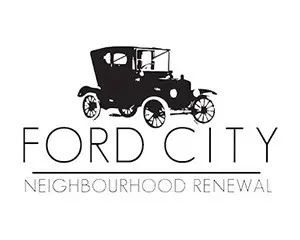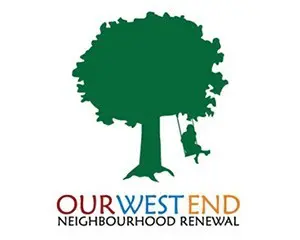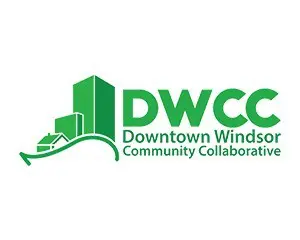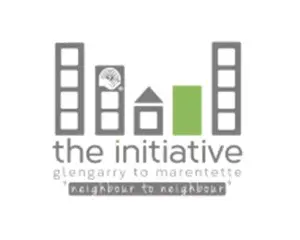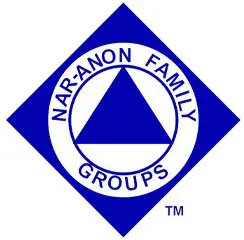Our Community Educational Workshops
See the many presentations you can request around harm reduction, substance use, naloxone training , safe supply, drug poisoning and more at:
Label Me Person Podcast
Videos
Stories
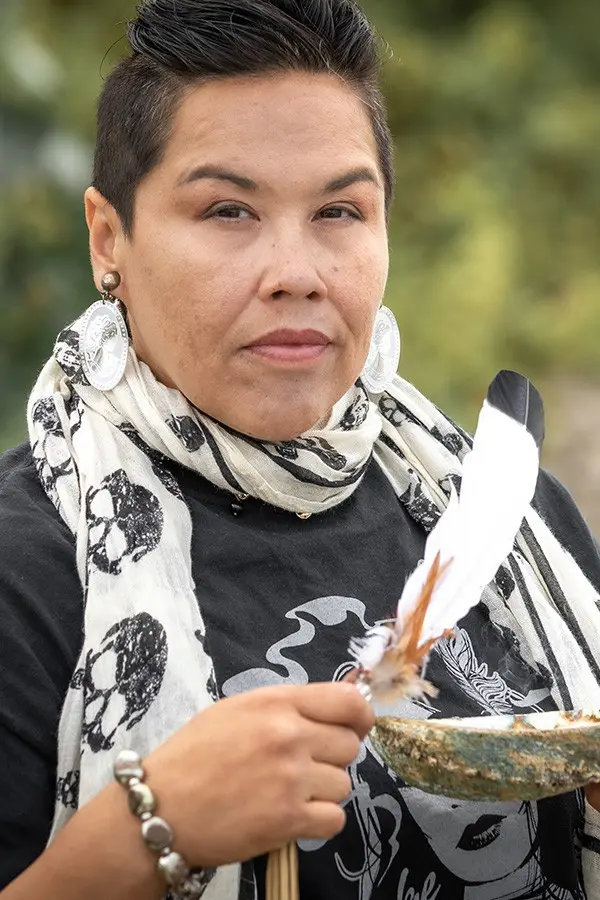
”Through trauma, addictions, and homelessness, I came out a survivor.
– Stephanie E. (Red ThunderBird Woman)
Youth Impact
Stephanie's Story
Boozhoo! Meaning “hello” in my indigenous language. My story starts with my birth on the beautiful island of Walpole. My childhood was full of family birthdays, trips, hunting, fishing and learning my culture. I was unaware of the abuse my mother suffered in residential schools so when I was nine years old I was sexually abused and didn’t know what to do. I bottled in this trauma due to fear of breaking up my family. In trying to hide my emotions, I turned to binge eating, drugs and alcohol at the age of 13. Throughout adolescence, I was raped at parties while unconscious. I staggered into my first relationship and stayed sober the nine months I carried my daughter. It wasn’t long after she was born that I was enduring abuse from my partner. I thought the abuse was better than being alone. At 21, I was introduced to methamphetamine, heroine, and other opioids. The drugs took away my habits of binge eating and dulled my shame and guilt. I felt so good, even knowing this was a false sense of happiness. Between ages 27-39 I was in and out of jail and recovery homes. While I was in a recovery home, my spirit name was given to me by a Northern shaman where I learned to love myself.
Today, I am six months substance-free and belong to several community groups. My spirit name is Red Thunder Bird Woman for the blood and tears I experienced and for my ability to share my journey to help and support others. The Thunderbird Spirit was one of the first created and is the most protective spirits known in Indigenous culture. Having experience cultural shame and abuse, I am now proud to be a recovering Indigenous woman. I now know that it’s okay to be happy, even when others are not. That “no” is a full sentence. And that we are never alone. Through trauma, addictions, and homelessness, I came out a SURVIVOR.
“Bama pii”- (‘til we meet again)
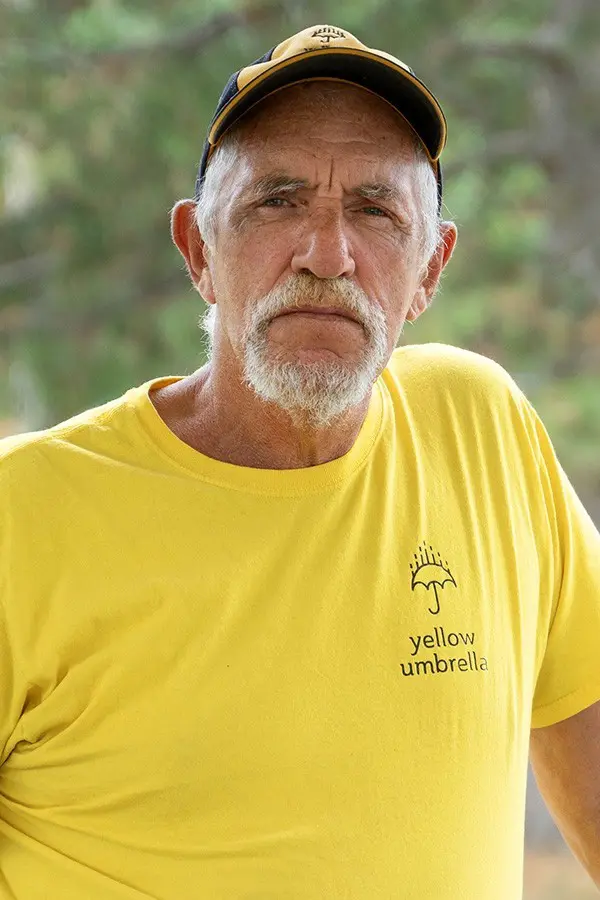
”By listening to how people are feeling, I want them to know they are someone that people care about and not just a “Junkie.”
– Roy Campbell
Service Provider with lived experience
Roy's Story
I am a son, friend, husband, brother, worker, father, uncle. I am a person that cares about people who use substances as a way to avoid what they are feeling.
For years, I was on the wrong side of addiction and the law and I didn’t think I would be on the recovery side of either one. I had family and some friends who would talk to me about my substance use but all I could feel was my own pain and not how much they cared about me.
I thought if I went out to Western Canada I would be able to get off drugs and find a good job. It worked for a while, almost two years, until I got hurt on a job and was prescribed pain pills to help with my back pain. I didn’t think it was going to take me from a good lifestyle to looking for pills and drugs on the street again. I started committing crimes and doing whatever I could to feed my substance use. I went in and out of jails and then to prison. The worst prison was the one I locked myself up in believing that I couldn’t stop using drugs.
While still using drugs I met a guy who offered me a job and a place to live on his farm. He knew I had a problem with drugs but he wanted to help me. So I agreed, and we tried it. It worked for a while until one day we went into the city to work. We stayed at a hotel where I ran into someone I knew. I thought I would be okay to go to their room and talk about how I was staying sober. I didn’t realize that I hadn’t been sober long enough to resist his request to use drugs with him. Six months later I was on my way back to prison for five years. I had to call my daughter to tell her I wouldn’t be home for a while. She asked me if I would be home for her birthday and I had to tell her, “no”.
Once I stopped using drugs, I started to work on my personal problems by sharing them with others. When I first started, I was scared to let others know who I was. I didn’t think people would want anything to do with me. I was wrong. They listened to and cared for me; took me to meet their family; invited me to have meals with them; invited me to play games with them and their children. At the end of those nights, when it was time for me to go back to the recovery home, they gave me hugs and said “thank you” for sharing. I was an ex-con and ex-drug dealer who didn’t care about people. The people I met made me forget what happened. It’s hard for me to talk about what I did before recovery but I love what recovery has done for me.
I’ve been out of prison since 1988 and working in the Harm Reduction Program at the AIDS Committee of Windsor since 1993. I was part of the first Outreach Team to go into houses where people were using drugs. By listening to how people are feeling, their stories, and where it has taken them. I want them to know that they are someone that people care about and not just a “Junkie”. When some of the people I knew stopped using drugs, I was proud of them. When some started using drugs again, I would encourage them by reminding them how well they did and offer my support. I have seen people using drugs run from things that have happened to them or do drugs to hide from feeling pain or sadness when someone they care about or love, dies. I won’t judge them or anyone else because I was in that same spot and I know how it feels.
Harm Reduction is just not words to say. For me, it means that I care and want to help keep you safe. I’ve seen people over the years at their lowest turn their lives around and I have seen some that were on top hit their lowest. It’s hard to do the work I do. I care about the people I work with. With the support I get in recovery, I am able to keep doing this work.
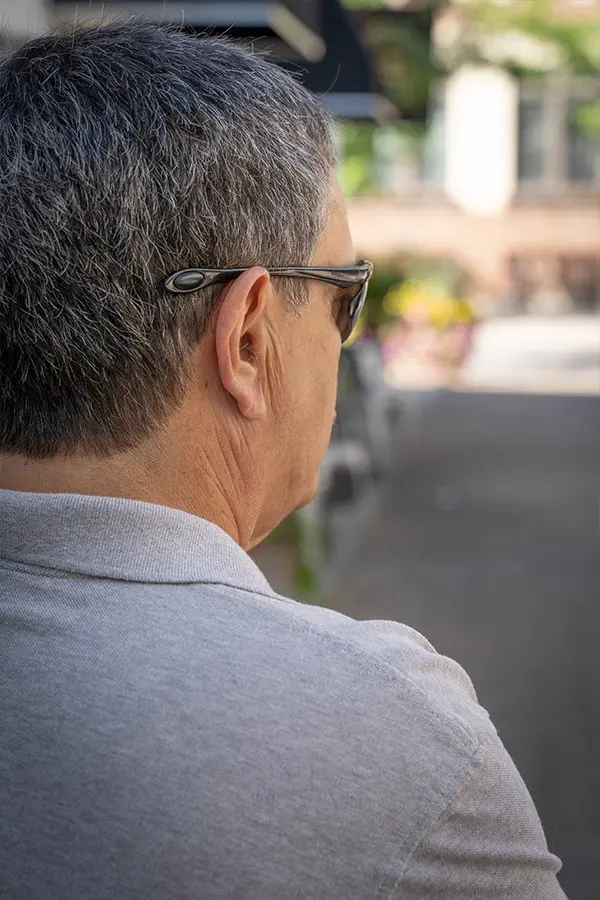
”I felt a huge weight lifted from me, a sense of peace and calmness that made me realize I didn’t have to do this anymore.
– Anthony
Impacts of Trauma
Anthony's Story
The fear, low self-esteem, depression, and anxiety that led me into my 42-year battle with addiction began at a young age. I was the oldest of three siblings. My father was a doctor and my mother was a stay-at-home mom. Due to heavy drinking, my parents would fight a lot. My father would verbally and physically abuse me as a young child. This type of abuse continued into grade school through corporal punishment from teachers and bullying from peers. In high school, all I wanted to do was fit in and find acceptance. I found myself tagging along with kids who were committing small petty thefts, smoking weed and drinking; I also started selling small quantities of drugs. My drinking and drug use made me feel like I belonged to a community, surrounding myself with people who I thought were my friends. I ended up moving out west and got into drug use. My drug use became a priority, I found most of my profits were getting stuck into my arm. I realized soon enough that I wasn’t eating anymore, wasn’t taking care of myself and frequently getting in trouble with the law. We were all sharing needles. I knew nothing about harm reduction at this time and ended up showing symptoms of severe jaundice from the untreated Hepatitis C I had contracted. I was in and out of jail, back and forth from Vancouver to Windsor, in and out of jobs, and in and out of recovery programs.
It wasn’t until one of my sponsors recommended going to a particular 12-step meeting that my life changed. I had used crystal meth for a couple days then went to the meeting; it was a celebration of someone who had made it through 13 years of recovery. Suddenly, I felt a huge weight lifted from me, a sense of peace and calmness that made me realize I didn’t have to do this anymore. I felt I had a renewed spirit and I ran with it. I went back to the meeting and continued to be involved with the program for three and a half years and to this day I am still in recovery. My recovery enabled me to do other things. I enrolled in karate, started giving back to the community through volunteering. I am happy to say that I now I have a non-toxic social life, have flushed out the chaos, and have gained some real friends.
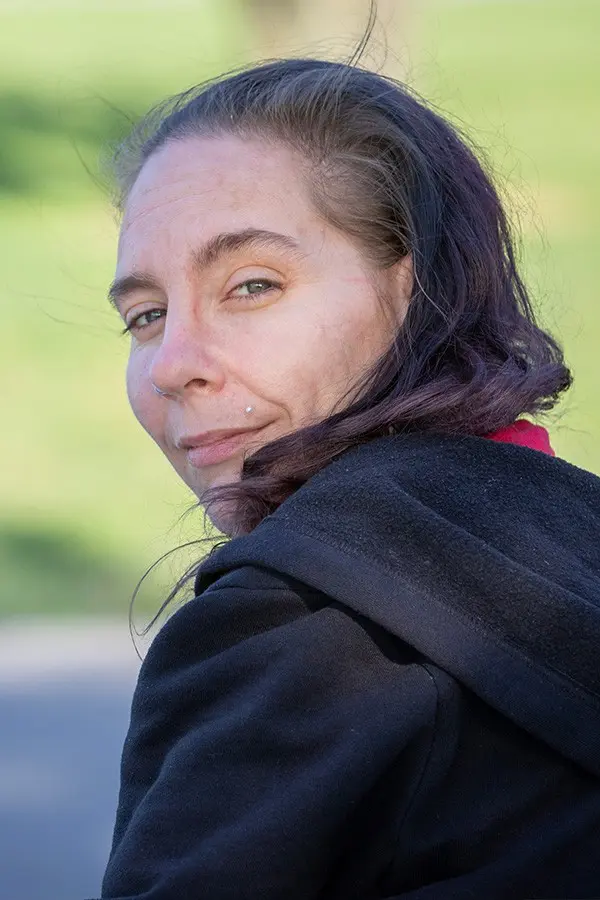
”I felt like a failure for not being able to help him and for not being able to help my children.
– Stephanie Bertrand
Prescribed Opioids – Injury/Pain Management
Stephanie's Story
My ex-husband was one of the smartest people I had ever met. He was a foreman for a construction company and was diligent and hard-working. When we started dating, we were both in recovery from cocaine use and thought we could support each other. I soon learned that I was wrong when he began using again. I remained hopeful and supportive. After resuming substance use several times such as cocaine and occasional opiates, he became substance free and was doing well. One night, after celebrating with friends for his birthday, he came home with a serious arm injury. A trip to the hospital and surgery later, he was given a prescription for Percocet. The catalyst that would eventually end our relationship. When the Percocet ran out, he started buying pain pills off the street, graduated to OxyContin and then to any opioid he could get. He would get very angry and abusive while using. Everything of value that we owned was sold to feed the habit. Mindful of his underlying issues and struggles with self-worth, I tried to help connect him to care; he always managed to find a way out. His addiction affected my own recovery and I soon fell back into use. I struggled to navigate recovery for the both of us. I eventually couldn’t keep up; I got out of active use for the last time in 2016. I was then faced with one of the most difficult and painful choices of my life, either I had to lose the husband I loved or lose my children. Three years later, I am still in recovery.
Unfortunately, my children are still missing their father and conversations are ongoing explaining that “daddy is sick and when he gets better he will call.” There is a hole in their hearts that can’t be filled. I felt like a failure for not being able to help him and for not being able to help my children. I was grieving for a long time. Every time I would feel like I had reached a good point and was through the grief, I would see him again and the cycle would start all over. Seeing him ridiculed has been especially difficult for me and my family.
Addiction is the symptom of an underlying cause and I hope that we can be mindful of this and display some empathy and compassion before we pass judgments; please, remember that person who uses substances is someone’s father, mother, brother, sister, brother, or child.
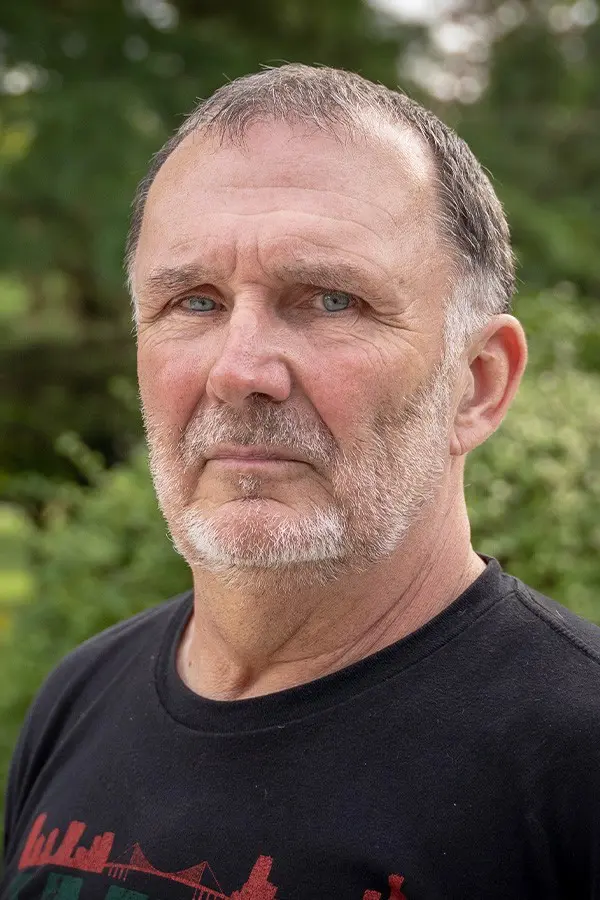
”None of my experiences in recovery or life could adequately prepare me for watching my child slowly die from the disease of addiction.
– Don Holden
Opiate Fatality
Don's Story
As the saying goes, “If I only knew then what I know now….” My son, Donald Robert Holden, was born May 3, 1978 and from all appearances could have been any random and cute child. Bright and inquisitive, he was early to do most things, such as walk, talk, etc. He really was a joy to be around when he was little and he had an intuitive sense about him, far beyond his years. I believe his troubles started when his mother and I split up and he was moved to Chatham, where a lot of terrible things happened to him, at far too young of an age. He started having getting into trouble in school and had behavioural problems. A lot of what I know now I had no idea about until he told me as an adult. He came to live with me when he was around 11-12 years old. The damage was already done. As he had started using drugs and was constantly in trouble with the law.
I am a person in recovery and with the help of a lot of good people, have not used drugs or alcohol since June 3rd, 1982. During the 37 years following that date, I have been actively involved in my own recovery process as well as helping many others: Everything from 12-step meetings, treatment centres, group therapy sessions, all the way to the season premiere of Intervention Canada. None of my experiences in recovery or life could adequately prepare me for watching my child slowly die from the disease of addiction. I never thought that I’d know what the inside of most youth detention centres looked like.
I was not prepared to have my parenting methods judged negatively by law enforcement personnel at all levels, in and out of courts and detention facilities, simply because my child had a disease. I was not ready for the scores of people offering unsolicited, uninformed and insensitive advice simply because they watched a movie or read a book on addiction. Finally, even through all of this, I was not prepared for the call and meeting from the Windsor police on September 4th, 2010, informing me that my son had died of an opiate overdose. Everyday I am saddened by all the misinformation around good people like my son who become caught up in the opiate crisis.
No one chooses this lifestyle; it is a disease.
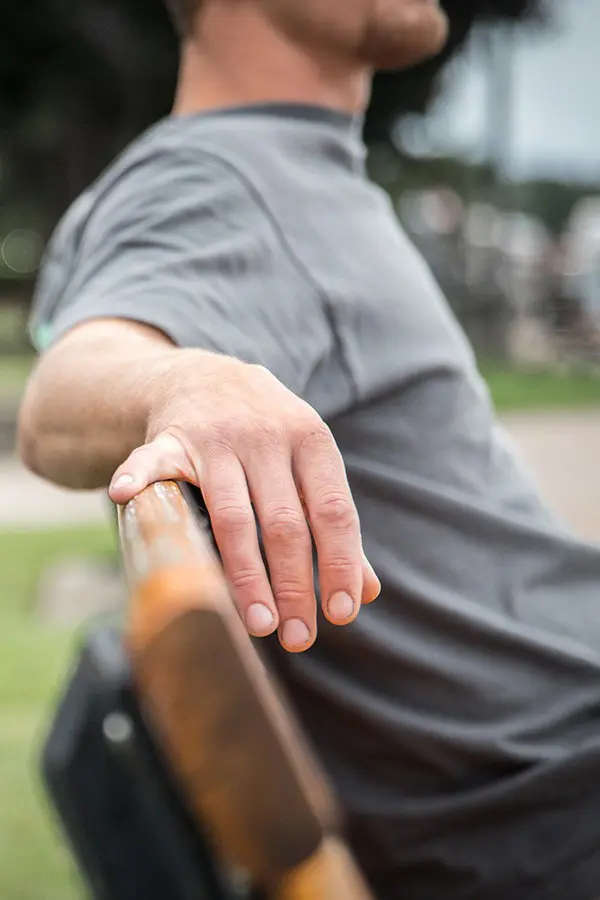
”Anything is possible when you’re loved the right way.
– Anonymous
Impacted by someone else’s opioid use
Anonymous Story
When I was young, I couldn’t understand why I hated my life, why I wanted to vanish from my own home. I was raised by opioid users. I was a user. I grew up surrounded by opioids; my grandpa, mom, sister and brother are all actively in addiction. With everyone addicted in my home, it made the craziness feel normal. I went from having my first job and giving my money to my parents so they could get high, to becoming a user and seller of Oxycontin and Fentanyl. I started using drugs when I was 14 until the age of 20. I started selling at fifteen. It was so easy to get my hands on drugs when all I needed to do was ask someone in my own home. Being high was the way I knew how to cope with my dysfunctional family. When my addiction hit its height, I truly stopped caring about myself.
The thing that broke up the pattern of “normal” as I knew it, was creating a new normal in myself through my own experiences and experiences from the people I surrounded myself with. Breaking the old normal began when a friend died the same day we shared drugs and from my experience with withdrawals after an overdose; these were enough to never touch drugs again. Growth constructed my new normal. It involved meeting my wife, trying to be the best man that I could and starting a family.
Anything is possible when you’re loved.
Addiction Treatment Programs & Emergency Services
Other Resources for Help (locations, phone numbers, etc.)
Community Supporters
References
Canadian Centre on Substance Use & Addiction, COVID-19 & Substance Use: Highlighting Perspectives on People with Lived Experience, Nov 2020.
CATIE. Lessons Not Learned: The Overdose Crisis in Canada, 2020.
Chief Coroner’s Office, preliminary statistics, communicated April 2020.
Government of Canada, Opioid – and Stimulant-related Harms in Canada, December 2020.
Public Health Ontario, Opioid Mortality trends in Ontario in the Context of the COVID-19 Pandemic, November 2020.
Windsor-Essex County Health Unit, Opioid Overdose Statistics. 2021.





